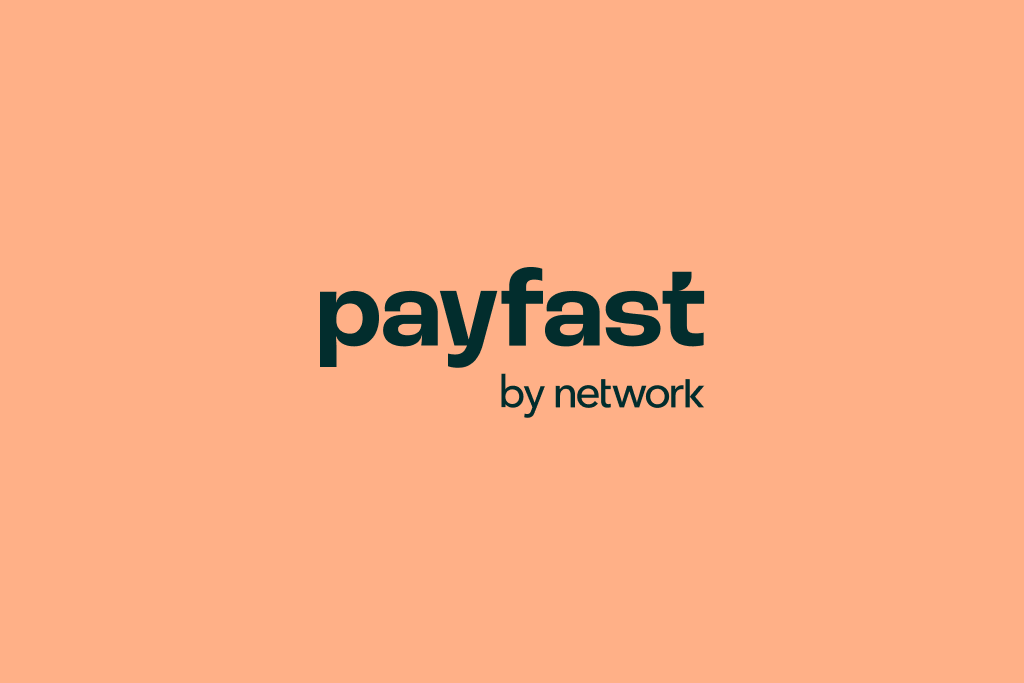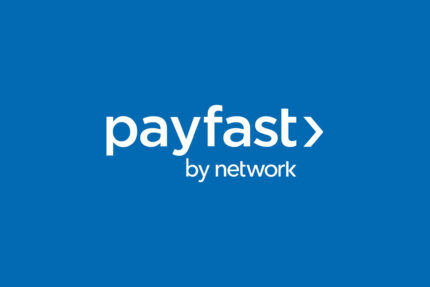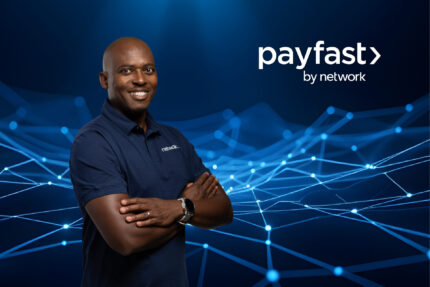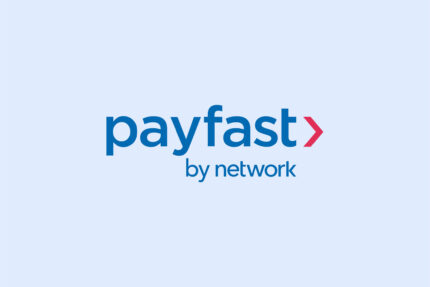Ecommerce entrepreneur Peter Harvey, who founded PayGate in 1999 and managed the company’s merger with the DPO Group in 2016 and PayFast in 2019, will be leaving the group at the end of February 2022. A leading force in South Africa’s payments industry for over 20 years, Harvey has played an active role in the evolution of ecommerce, from an unregulated frontier to a critical component of success in the retail sector. Merging his passion for fintech and a love of Africa, Harvey’s vision has always been accessible ecommerce – across the continent.
Today, the DPO Group, which includes DPO Africa, PayGate, PayFast and SiD Instant EFT, is the largest and the fastest-growing African payment service provider, operating in 21 countries and working with more than 60,000 active merchants across the continent. In 2021, the Group was acquired by Network International, a globally renowned enabler of digital commerce across the Middle East and Africa.
“From a two-man start-up in 1999, to being part of a London Stock Exchange listed business in 2021, with over 400 employees – it took us 20 years to become an overnight success. In the beginning, most companies couldn’t see the value of ecommerce or the impact it would have, but we persevered and believed in our mission, and that has made all the difference,” says Harvey.
In the late 90s, Harvey worked as an IT consultant in the mail order business. When the company he worked for needed to process 50 000 card transactions at the end of the month, there was no way to do it other than using a swipe machine – a manual process that cost both time and money. Leveraging his background in IT development, Harvey wrote an automated interface to the bank to automatically process batches of card transactions – to great success.
“The system worked really well and even exceeded my expectations in terms of efficiency. I knew that automation could help other businesses streamline their payments, and this became the catalyst for the founding of PayGate at the end of the decade,” says Harvey. “The biggest frustration in those early days was knowing that ecommerce was going to be huge, and having to wait for the momentum to pick up.”
Seventeen years later, PayGate merged with the DPO Group on the premise that, in order to make a real impact, it would have to invest in a Pan-African approach. “The potential for Africa to perform on a global scale is massive. The African continent has punched well below its weight for a long time. Seeing Africa wake up and realise we can do this and that we’re a meaningful player in the global economy, with resources that no one else has, has been my favourite part of the journey,” says Harvey.
“This was one of the best things we could have done as a company. The merger attracted international interest in Africa’s growing ecommerce industry and ultimately led to the acquisition by Network international. Working together, DPO Group and Network International have the geography and resources to do something really special in Africa – and that has been the goal from the beginning,” says Harvey.
The keys to success
Harvey credits his success to picking the right people, and investing in the right partnerships. In terms of building a team, he relies on the three-legged stool concept, which involves considering attitude, aptitude, and team fit. When these factors align, a strong and successful company and company culture arises.
“Once you’ve got your team together, it’s critical to demonstrate passion and enthusiasm. It’s very hard to inspire other people to work hard if you’re not enthusiastic. Just like iron sharpens iron, people feed off other people’s energy. As an entrepreneur and business leader, your enthusiasm is infectious,” says Harvey.
Harvey’s advice to budding entrepreneurs is to be careful of being too far ahead of the curve; “It’s important to keep an eye on the future, but if the infrastructure isn’t in place and the demand isn’t high enough, your idea won’t succeed. This is where having the right partners comes in – they can provide the right resources and support. Persevering with no funding is just hard work.”
The future of fintech
Since 2015, ecommerce has seen substantial growth – compounded by the impact of Covid-19. One of the best ways to measure this growth, according to Harvey, is by looking at Black Friday processing problems over the years; “In 2017, there were tons of issues, from slow load times and unresponsive pages to entire sites crashing. Last year, there were hardly any issues reported, and an increase in online transactions and cashless payments.”
Compared to global markets like the United States and Europe, the size of South Africa’s ecommerce industry is still relatively small. “This is actually good news for us. It means there is lots of room for growth and potential for innovation. Between the introduction of the rapid payments programme in South Africa, and the proliferation of crypto globally, the future of ecommerce is extremely exciting,” says Harvey.
What’s next for Peter Harvey
The ecommerce pioneer is looking forward to climbing into a 4×4 and going on safari across Africa with his wife. After that, he’ll see where the road takes him; “I am still extremely passionate about payments, blockchain, crypto, and online commerce. I’ll always have an eye on the industry, keeping a look out for spaces where I can dabble and help Africa continue to grow.”



